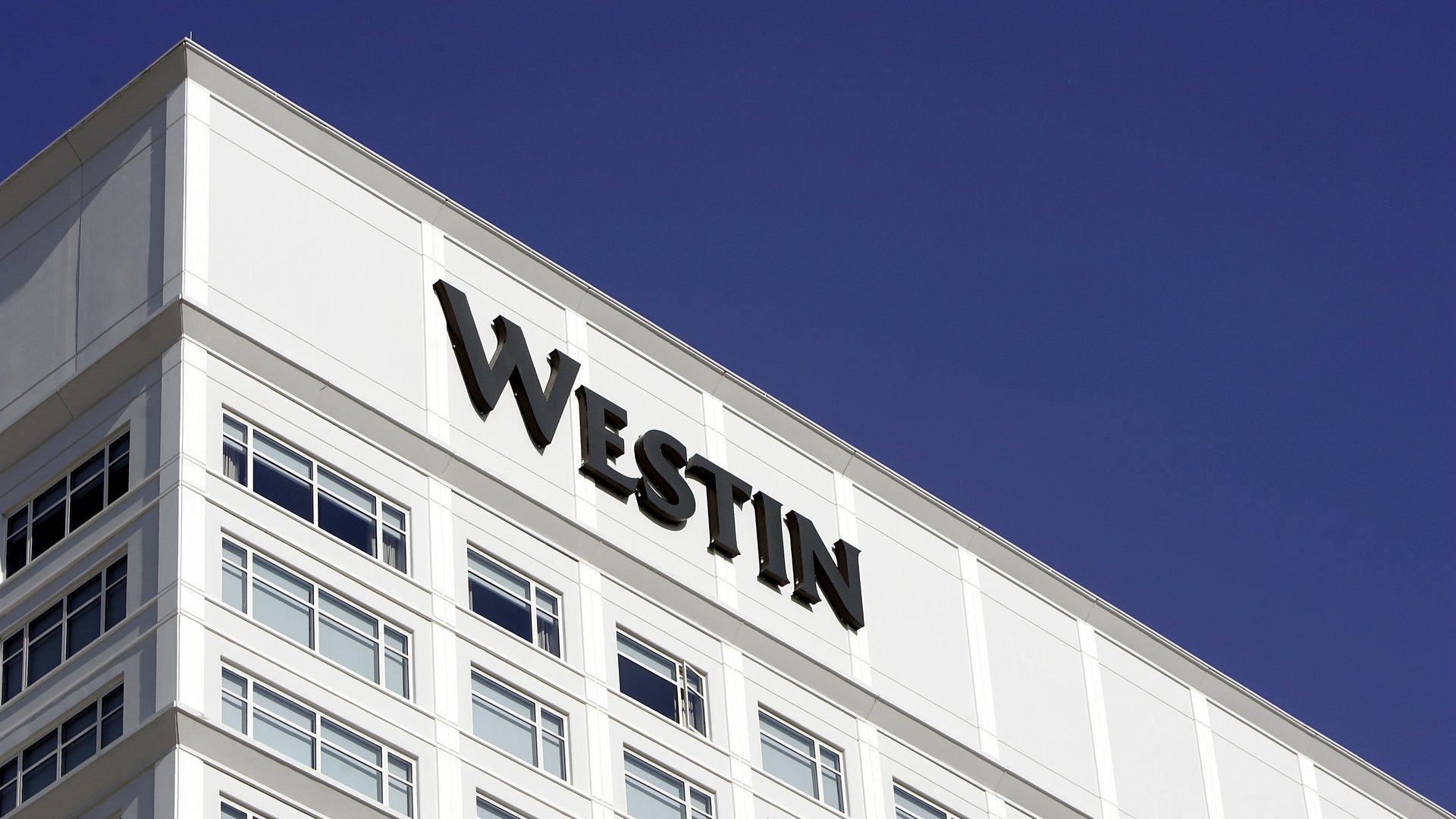Marriott’s acquisition of Starwood just got derailed by a Chinese insurance company
In late 2014, a prominent Chinese conglomerate purchased New York’s famed Waldorf-Astoria, gold doorknobs and all, from Hilton Worldwide Holdings for nearly $2 billion. The world had been put on notice that the luxury hotel business had a serious new player in its midst.


In late 2014, a prominent Chinese conglomerate purchased New York’s famed Waldorf-Astoria, gold doorknobs and all, from Hilton Worldwide Holdings for nearly $2 billion. The world had been put on notice that the luxury hotel business had a serious new player in its midst.
But few would have expected just how serious Anbang Insurance Group has turned out to be.
Over the weekend, Anbang reportedly struck a deal to buy a portfolio of Four Seasons and other high-end hotels from the Blackstone Group for $6.5 billion. And now it has shown up Marriott International’s bid for Starwood Hotels & Resorts, making a $13.2 billion offer that would mark the biggest-ever Chinese takeover of a US-headquartered company.
Starwood is set to scrap Marriott’s November offer, a cash-and-stock deal valued at $79.88 when the bid was announced, in favor of an all-cash, $78-per-share offer from Anbang.
Starwood’s nearly 1,300 properties would pair well with Anbang’s luxury pursuits. Its brands include W Hotels, Westin, St. Regis, and Le Méridien. The Blackstone portfolio includes more than 7,500 of the swankiest US hotel rooms, many of which are go-to meeting spots for the sensitive negotiations of America’s business and political elite.
It goes without saying that all-cash offers are more attractive than cash-and-stock ones, and Anbang’s bid is a good reminder of why. Marriott’s stock dropped sharply between October and January, dragging down the value of its Starwood offer along with it. Marriott shares have only recently started to recover; as of last Friday, the hotel chain’s offer was still worth much less than it was in November, at $63.74 a share.
Starwood’s stock rose nearly 5% to $80 in midday trading on Friday, above the offer price from Anbang. Shares of Marriott also climbed to $73, a gain of about 2%.
Marriott has until March 28 to make a counteroffer, though Starwood notes that Anbang’s “binding and fully financed proposal” provides “a high degree of closing certainty.” Marriott will get a $400 million termination fee if Starwood calls off the deal.
Anbang’s bid for Starwood is part of a broad reshuffling of global investment out of emerging markets and into more affluent economies such as the US. Some of that is coming from Chinese companies, which are looking abroad for growth as China’s economy continues to show signs of a slowdown. So far this year, Chinese companies have agreed to $102 billion in foreign deals, almost as much as the record $106 billion they did in 2015, the Wall Street Journal reported earlier this week.
